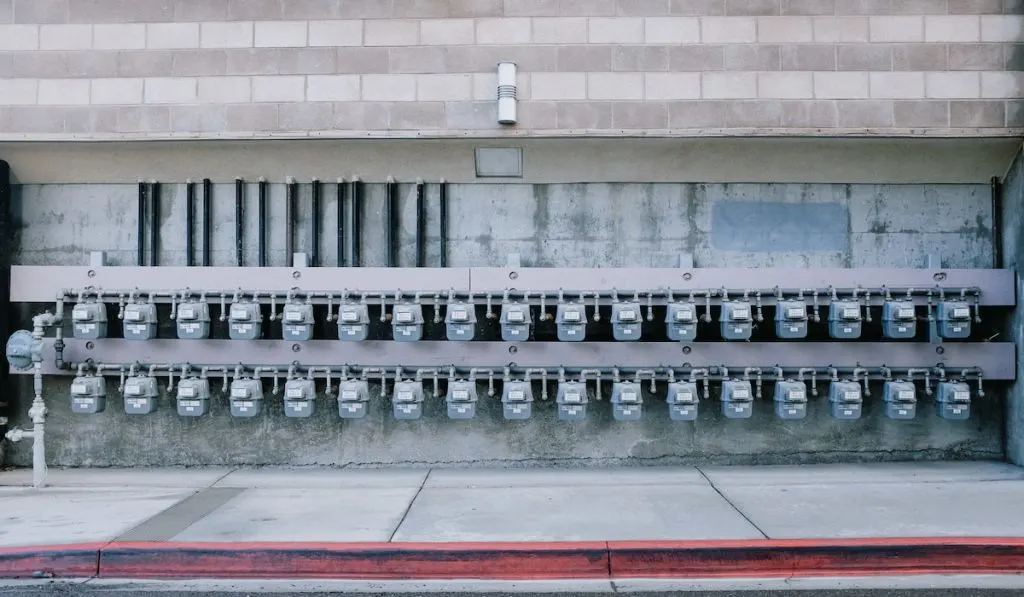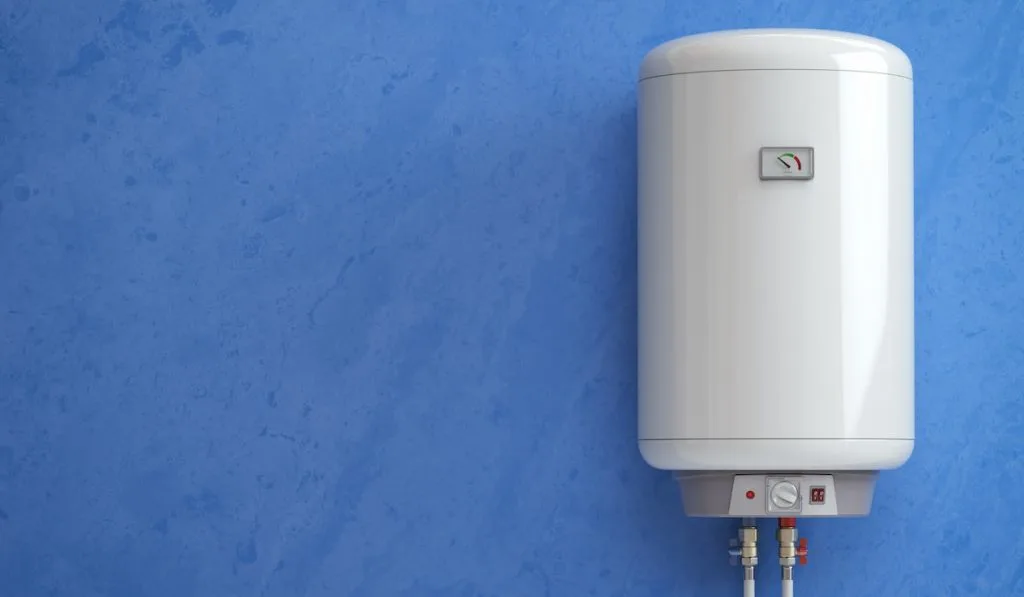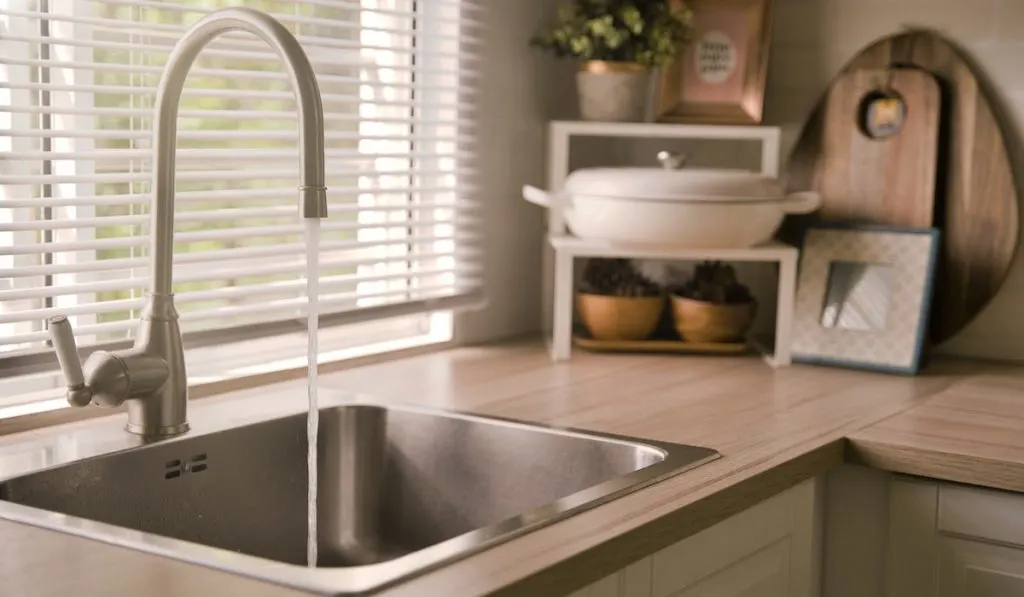When you’re scoping out new apartments, there are costs you need to consider more than just your monthly rent. Everyone knows that rent is often the largest part of apartment living.
The same goes for a mortgage payment if it’s a unit you own. Your check to the bank isn’t going to be the only thing you’re paying for every month.
When you live in an apartment, and any house really, you have a lot of other costs like utility costs, paying for the internet, repairs, (if that’s something you’re responsible for), and general upkeep (things like changing lightbulbs).
When it comes to utilities, most of the time you’re going to be paying for how much energy or water you use. If you leave the lights on all day or take super long showers, that’s your choice and your monthly bill will reflect that.

However, with apartment complexes and multi-family units, it’s not always that straightforward. It all depends on the current setup at the property and how the water gets billed by the water company.
Different Water Meter Setups Will Impact How Much You Pay
Have you ever wondered how do apartments charge for water?
Before you sign a lease for a new apartment, you should iron out all of the costs you’ll be on the hook for in addition to rent. Part of that is understanding how the utilities are currently arranged.
Multi-unit properties typically have one of three different arrangements. Here is the breakdown of what you can expect:
Separate Meters – This arrangement is the most ideal if you only want to pay for the water you use. In these types of apartments, each unit has a meter connected to the individual apartment that measures how much the tenants inside use each month.
This setup is typically the more expensive configuration since it requires a plumbing team to install and maintain several meters. If you’re in a large complex, then you could be talking about hundreds of individual water meters.
The complex will likely send you a notice of water usage and an accompanying bill or require you to call and change the utility account into your name as long as you live there.
Shared Meters with Evenly-Split Bills – It’s much more cost-effective for multi-family units to have a single meter and split the cost across different tenants. Even a small two-unit duplex can require tens of thousands of dollars to install separate water meters.
Many newer homes come with separate meters, but older properties often share. Sharing a water meter across apartments means there is no practical way of knowing how much water each tenant uses every month.
Many landlords will simply take whatever the monthly bill is, divide it by the number of units, and charge each tenant that amount. So, for example, if you live in a ten-unit apartment and the bill is $1000, each tenant can expect to pay $100.
The problem with this arrangement is that typically tenants have no incentive to conserve water. No one wants to feel like they are paying for their neighbors’ water use.
Knowing that there is no way to know how much you’re using, water bills are usually higher than they would be otherwise.
Water Included in the Rent – If there aren’t separate meters, and sometimes even if there are, many apartment complexes simply include the water in the rent. So there’s no paying for a separate bill and you don’t have to change the utilities into your name when you move in.
This can be a very nice perk for tenants, especially for people or families who go through a good amount of water every month.
Again, however, it doesn’t do a whole lot to promote water conservation because there is no way of knowing how much you used and how much you would have paid.
Can Apartments Charge for Hot Water?

Generally, no, apartments don’t charge separately for hot water. In theory, they could, if they’re using a gas or electric heater, separate what they think it costs to heat water, but those costs are usually lumped into rent or a gas and electric bill.
Do Most Apartments Include Water?
Most large apartment complexes will include some utilities. Getting water costs included in your rent isn’t as universal as, say, including things like trash disposal charges. If your unit has a separate meter on it, you can probably expect to pay your water bill.
In the U.S., paying for your water use is more common than including it in the rent. If you’re looking for a new place or are wondering what you’re paying versus the tenants next door, you can check online to see which complexes include water.
Most of the time, the complexes and properties that include water will charge a premium on whatever the normal rent would be. They will try to strike a balance where it works for both of you.
The landlord doesn’t want to pay the thousands of dollars it will cost to install meters, but they know it isn’t fair to split the water down the middle if you’re living alone and the tenants next door have four people living there.
As always, talking to your property manager or your landlord can help you sort through a lot of issues.

If you are living somewhere you share water costs that you feel are unfair, approach them with a solution and see if they’ll bite. If they are a good landlord, they will understand your concerns and make accommodations.
A lot of tenants and apartment owners, though, enjoy paying their water bill rather than having it lumped in.
They can see how much water they are using and, if they want to save money, can try things out that will conserve water. It can also help you know if you’ve got a plumbing leak because you’ll see a spike in your water use and the subsequent costs.
